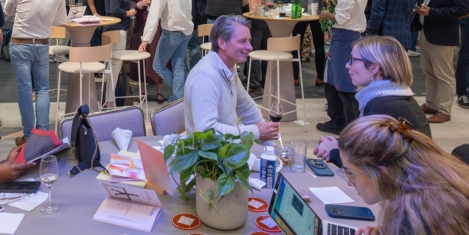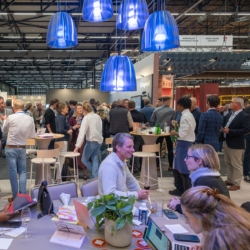December 4, 2025
Call for accessible design for laboratories to make sure organisations don’t miss out on talent
 The Royal Society of Chemistry has called for urgent changes to the design and culture of laboratory spaces after a new report revealed widespread barriers facing disabled researchers. The organisation warns that the chemical sciences could lose out on major discoveries unless universities, industry and policymakers act to create more inclusive environments. The Disability-Inclusive Laboratories in the Chemical Sciences report draws on contributions from more than 400 chemists and sets out a detailed picture of the physical, cultural and organisational obstacles that shape disabled scientists’ careers. According to the findings, almost a third of disabled chemists have experienced bullying or discrimination linked to disability, while more than a quarter say they do not feel a sense of belonging at work. Three-quarters report a lack of awareness among colleagues about their support needs. (more…)
The Royal Society of Chemistry has called for urgent changes to the design and culture of laboratory spaces after a new report revealed widespread barriers facing disabled researchers. The organisation warns that the chemical sciences could lose out on major discoveries unless universities, industry and policymakers act to create more inclusive environments. The Disability-Inclusive Laboratories in the Chemical Sciences report draws on contributions from more than 400 chemists and sets out a detailed picture of the physical, cultural and organisational obstacles that shape disabled scientists’ careers. According to the findings, almost a third of disabled chemists have experienced bullying or discrimination linked to disability, while more than a quarter say they do not feel a sense of belonging at work. Three-quarters report a lack of awareness among colleagues about their support needs. (more…)


































